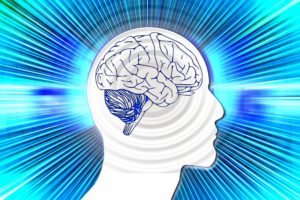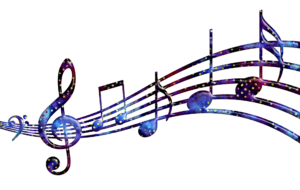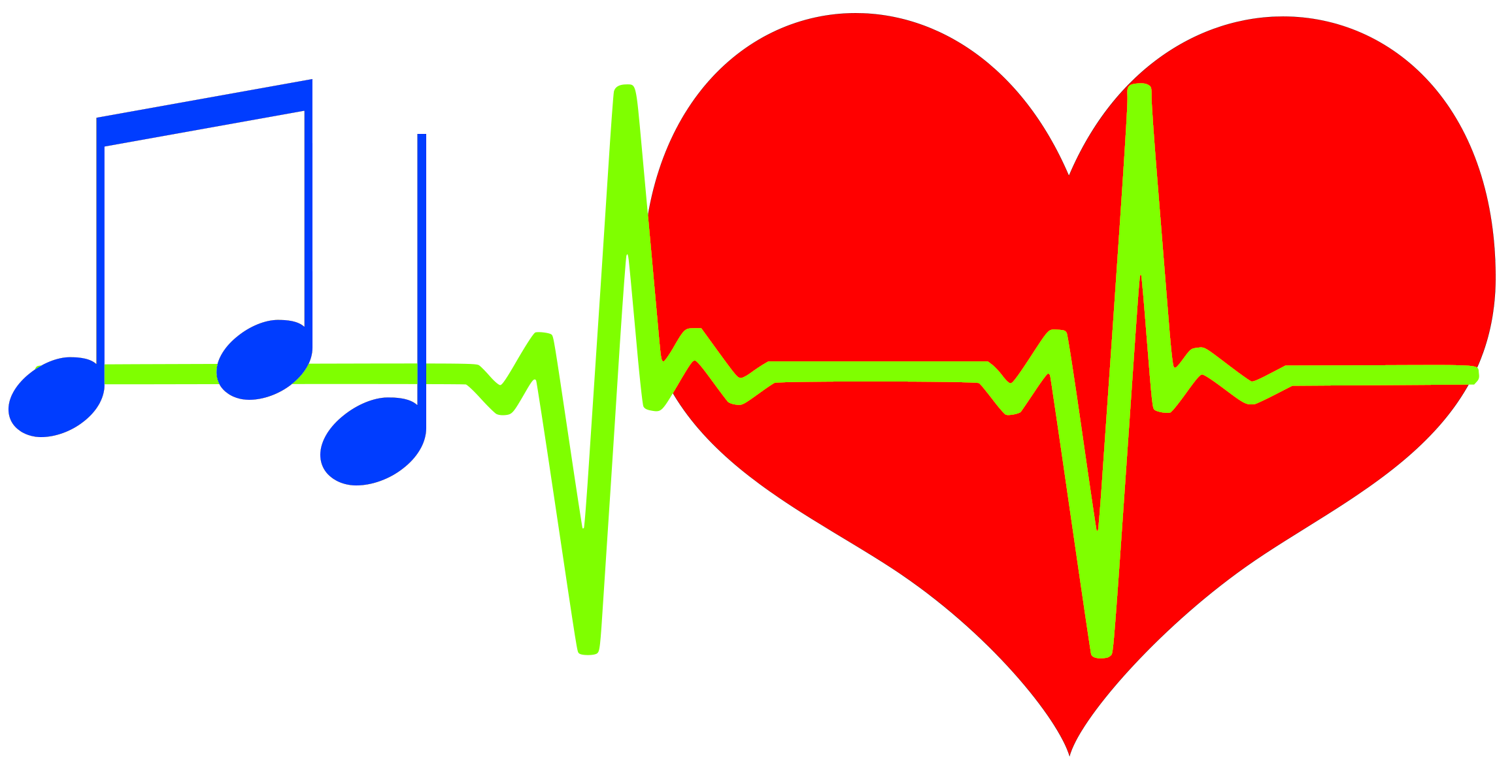The Body Produces Endorphins in Response to Music
Physical Explanation for Depression
A therapeutic musician’s goal is always to heal and to comfort. Depression is one condition we can address with music. Given enough time, the musician can lift the spirits of a sad patient. Music has the amazing ability to stimulate the production of endorphins. Once these are rushing through the body, there will be an involuntary elevation of mood, all for the good.

Depression is not unusual in the hospital setting. Overcome by apparently insurmountable obstacles, patients may succumb to depression. Not only is depression an unpleasant emotion, but it impedes healing. One who is depressed often has a very low level of serotonin and endorphins. These are chemicals in the blood that make us feel so good. They are the chemicals that induce nerves to transmit these feelings.
Turning Tears Into Smiles
One little lady I encountered in the hospital was sobbing audibly when I came in. Tears rolled down her face. She was sitting up, slightly reclined in bed, wringing her hands. Obviously, this lady was distressed, and I guessed she had some anxiety mixed into her mood. I introduced myself, and she gave me permission to play.
I started playing somber music in a minor key. Such music tends to be at the sad end of the emotional spectrum. Some minor music is dreadfully sad and dark. This is what I started with because I needed to try to match her depressed mood, in order to catch her attention.

Soon, I could tell that the lady was listening to me by her change in body language. I continued in a minor key, but with music that was more lyrical and moving toward a more neutral emotional state. The tears were abating but she still sobbed softly. Gradually, I shifted into gentle music in a major key. Majors are generally much happier music. I was shifting my music from sad to softly neutral, and brought my patient’s mood with me. She was no longer depressed.
The lady’s mood was transformed. She stopped sobbing. No more tears trickled down her cheeks. She started to smile and the sadness in her eyes lifted. At this point, I began to play lively familiar songs that she probably knew. She relaxed, smiled happily and began to chat.
Words are Not Needed – Music is Our Language
Our work does not typically entail conversation. We work our healing through our music. But sometimes, conversation becomes an integral part of our session, when the patient initiates it and sustains it. We chatted for a bit, then I thanked her for letting me play for her, and she thanked me.

Every time I play for a patient, and get positive results such as I experienced here (which is most of the time), I am elated. There is so much suffering when people encounter difficult medical issues. Whenever I can offer relief and healing to those people, I thrill to do so.
Returning the Patient to a Condition of Balance
We define healing as returning the patient to a condition of balance. Depression is a sure sign that something is out of kilter. When one part of the body is not balanced, it tends to affect other parts. The human body is interconnected. Bo by alleviating depression, we help restore the body to a more stable condition. Then all the organs work in unison.

